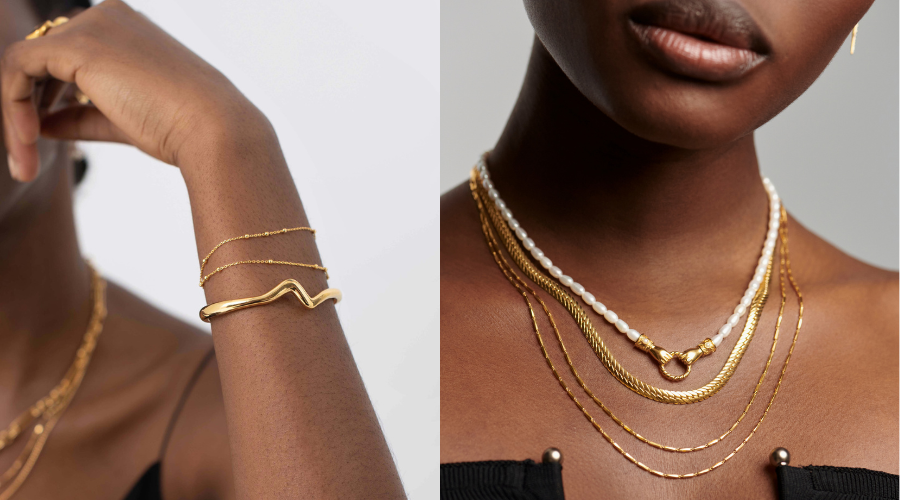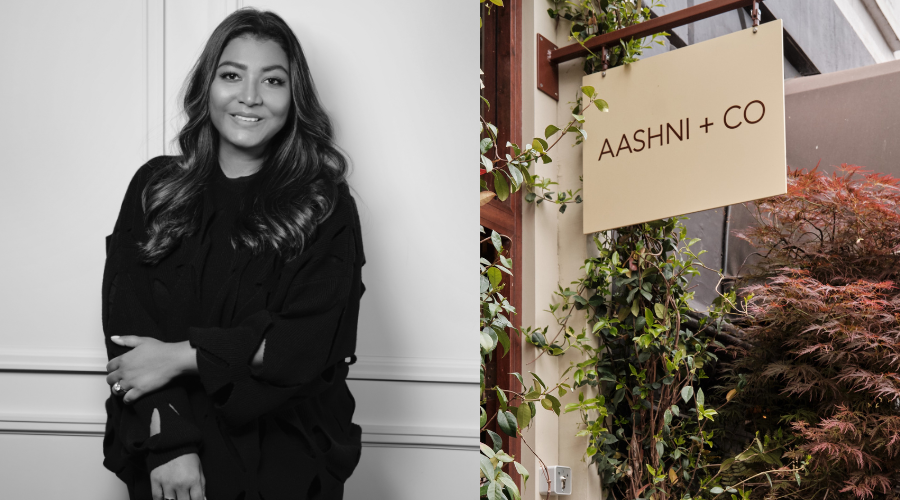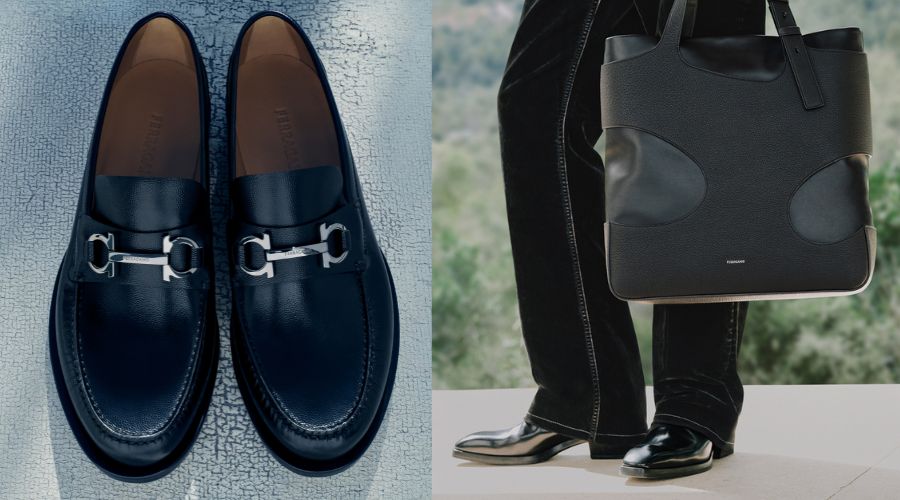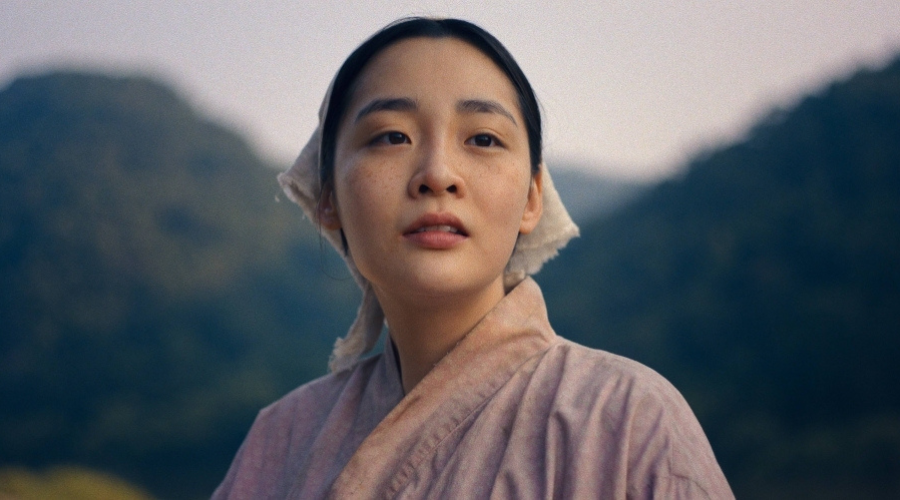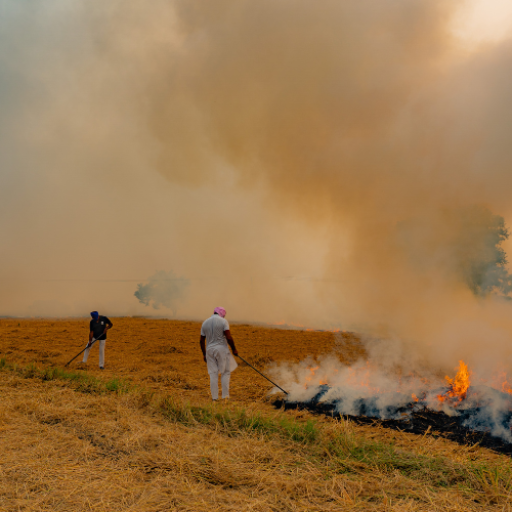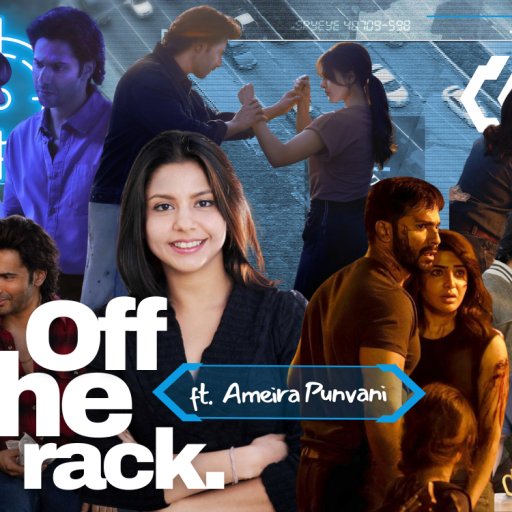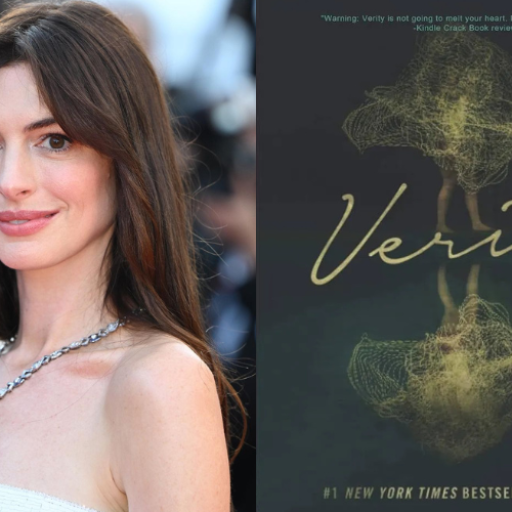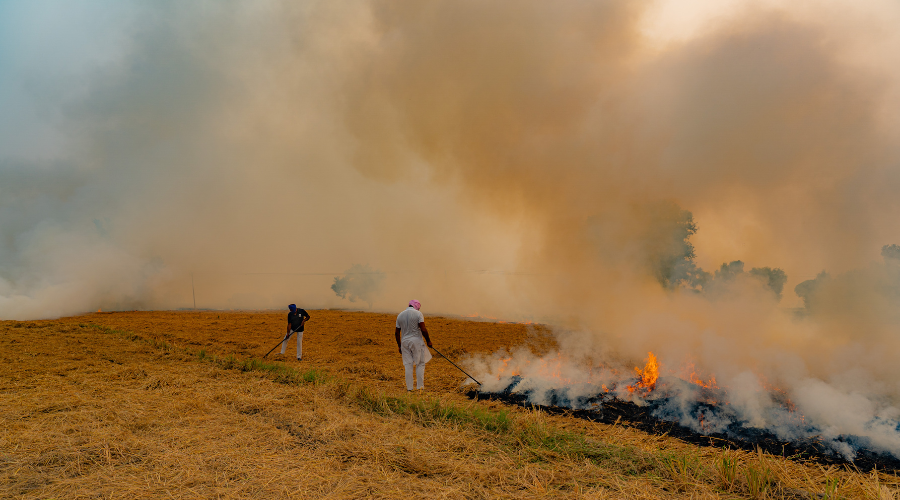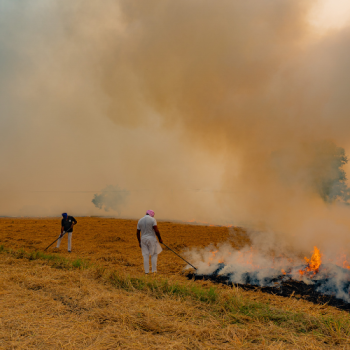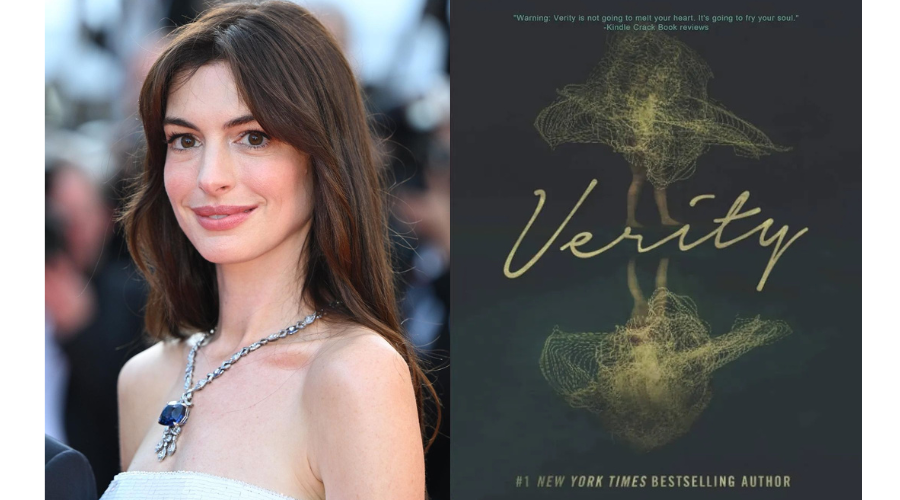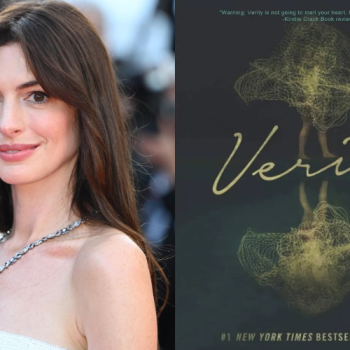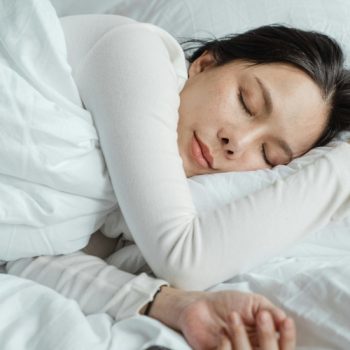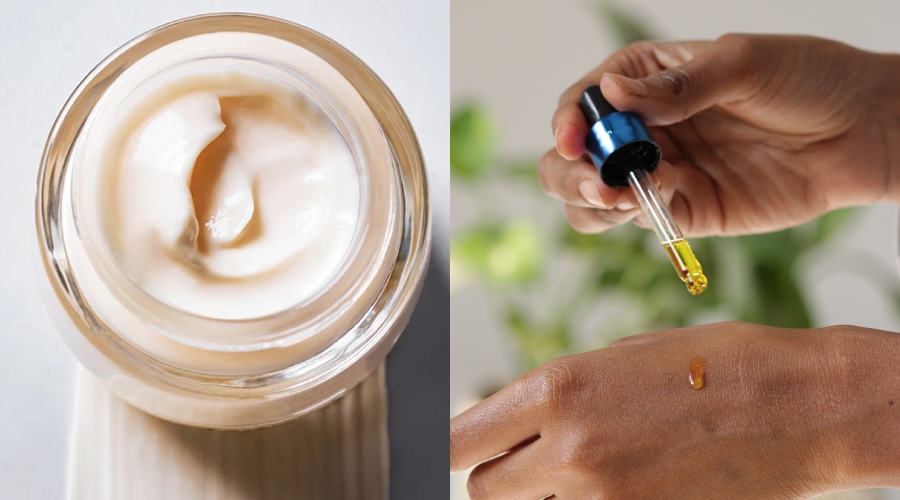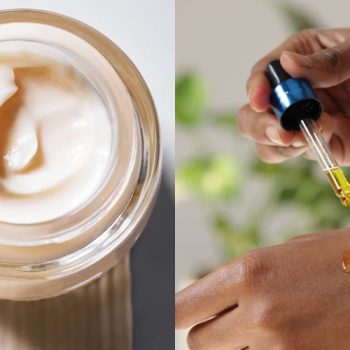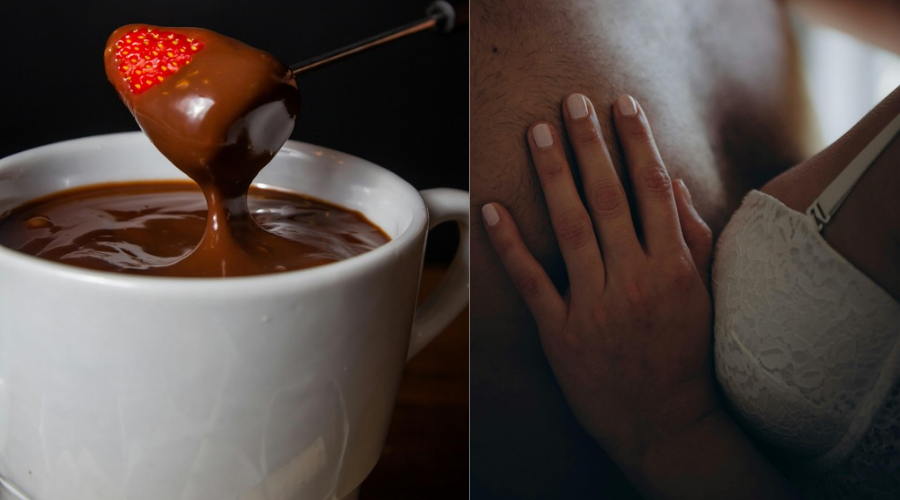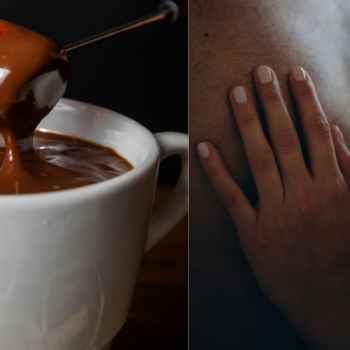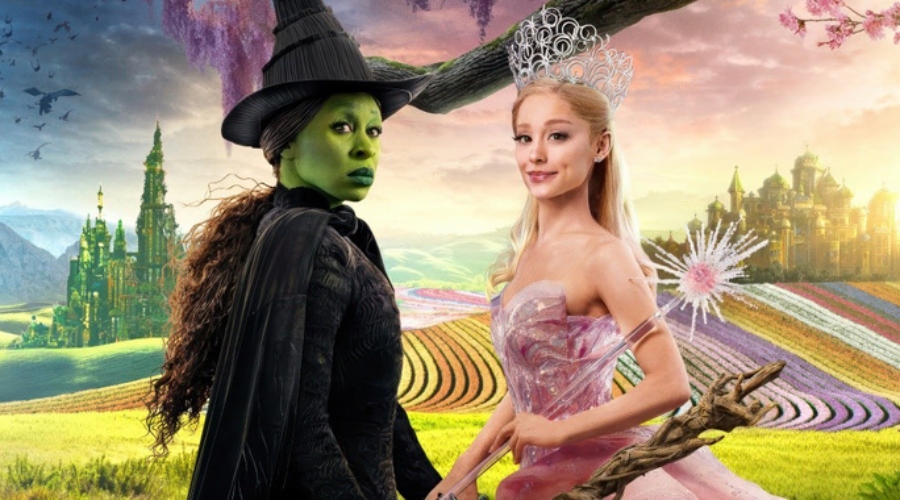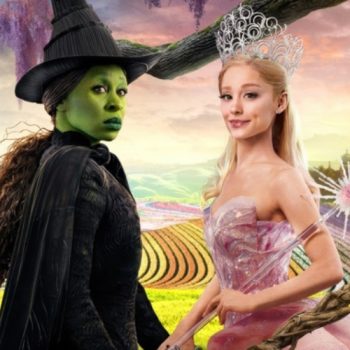While working on the first season of Pachinko, Minha Kim discovered she had a lot in common with her character Sunja, a teen girl living in Japanese-occupied Korea at the beginning of the 20th century. “We’re fragile, but we’re not afraid to collapse,” she says. “[We also] rise up quickly, and know how to move on.”
When filming began for season 2, which debuts today on Apple TV+, Kim also realized she had learned a lot through Sunja, calling the character her “life tutor.” Although both are around 30 years old, Kim and Sunja’s lives look completely different. Kim is a renowned actress, whose resume also includes School 2017, Partners for Justice, and Kang Full’s upcoming mystery series Light Shop. Sunja’s trajectory is, well, a little less glamorous. If you thought things were hard in the first eight episodes of Pachinko, everything gets a lot worse during World War II. We left off in 1938, with Sunja selling kimchi at a market to support her two young sons after her husband Isak gets arrested in Osaka. The new season picks up seven years later in 1945; Isak is still gone, and our heroine is fighting for her family’s survival while the war rages on.
Sunja’s resilience and fierce dedication to her family isn’t lost on Kim, who delivers a powerful performance capturing the the struggles and heartbreak of motherhood during wartime. “I had to maintain the same character that she carried for the first season, but at the same time, show how she got older, and how this environment and all this time affected her,” she says. “That was the biggest challenge for me.”
Below, the actress opens up to ELLE about researching real WWII stories for the role, her own grandmother’s connection to Sunja, and what it was like working with K-drama veteran Minho Lee.
ELLE: How has Sunja has developed and changed during season 2?
Minha Kim (MK): She got older and stronger. She has a deeper relationship with her family members, and her kids have grown up a lot. She is now used to being in survival mode, but every single day is hard and new. But somehow, she’s more stabilized, and she knows how things work. And that’s why can find herself more time to feel joy and hope. She smiles more compared to the first season. She’s still her—she’s still Sunja, but stronger.
ELLE: Take us behind your portrayal of Sunja as a mother.
(MK): I think it’s in my blood—that motherhood. I tried to see my mom and my grandmother; I had a lot of conversations with them. I asked, “Mom, how would you feel if we were apart for 17 years, and we reunited?” And then I tried to imagine a lot. On set, I built a relationship with the kids, and it just happened, instinctively and naturally.
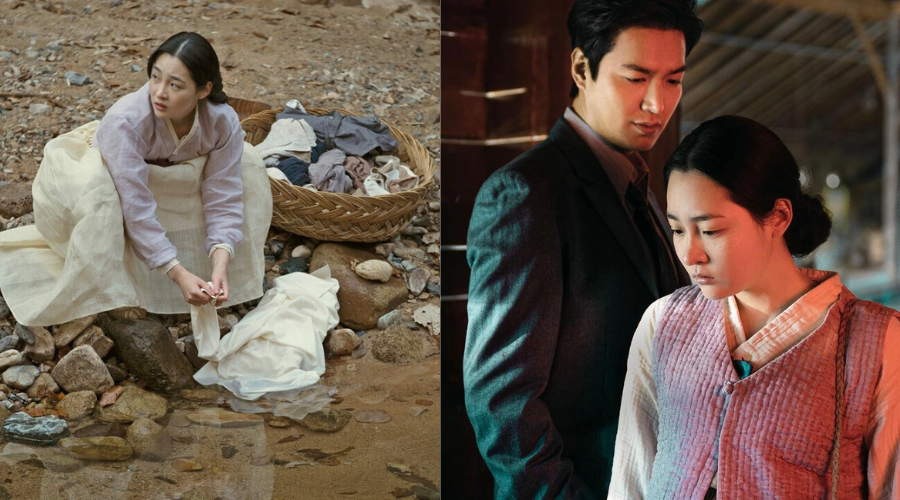
ELLE: You’ve spoken about how your own grandmother lived through this period of time and how she cried watching the show. Are there any similar similarities you see between her and Sunja?
(MK): Yes. They’re insanely strong. I don’t know how Sunja and my grandmother did it. How they bore the [weight of the war]. How they overcame all the obstacles. I just don’t know how they did it. They have a lot of love inside themselves—unconditional love. My grandmother has seven kids, and she suffered through all of these historical events. I asked her, “How did you do it? How did you protect your family?” And she said, “I just did it.” And I think that’s the thing. They just didn’t have any time, or they didn’t even need to think about it. They just felt it, and they just did it. I think that’s the power of Sunja and my grandmother. I think that’s why my grandmother cried a lot while watching the show—because she knows that she was not suffering alone.
ELLE: I also had a difficult time watching the show without thinking about my own family. Both sides of my family were in Korea during the Japanese occupation, and I had a great-uncle who temporarily emigrated to Japan for work in that period. What was it like to portray the hardships that our grandmothers and great-grandmothers endured during WWII?
(MK): Like [how] my grandmother told me that she just did it, I kind of just did it on set as well. I tried not to pity myself. I was busy enough just saving my family and trying to think of how to survive this hardship. I tried to be in the moment and focus on what she had to do in that era.
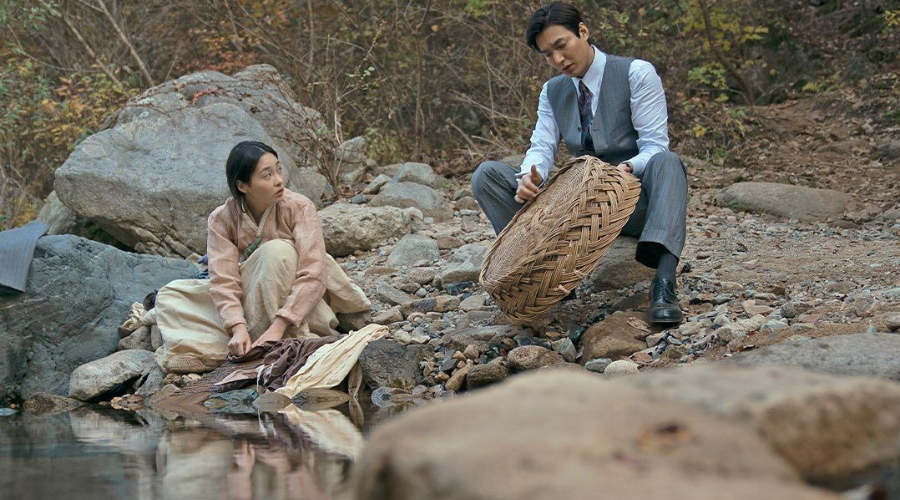
ELLE: How did your parents react to the show?
(MK): They’d watch and [look at] me, and be like, “Are they the same person?” They loved it, and they cried a lot.
ELLE: Did Sunja’s physical appearance change from season 1?
(MK): We used makeup to make her look older and more exhausted compared to the first one. And we tried to [darken] my skin a little bit, because she had been working a lot without sunscreen, obviously.
ELLE: What beauty products do you usually use?
(MK): I’ve used Kiehl’s for more than 10 years. I started using that in high school. I’m kind of afraid to use other products. And I use a lot of products from Lush—the facial mask and the scrub. I put on a lot of facial masks, especially when I’m shooting.
To be honest, I’m terrible at makeup by myself, so mostly, I just wear sunscreen and a cushion foundation from Dior. And I tried not to hide my freckles
ELLE: Who were you closest with on set?
(MK): Almost every cast [member], especially Inji Jeong, who plays Yangjin, Eunchae Jung, who plays Kyunghee, and Minho. And I love the kids. I got a lot of energy from little Mozasu (played by Eunseong Kwon).
ELLE: What was it like to work with co-start Minho Lee?
(MK): I always appreciate him. He’s a good actor, and before that, he’s a good person. There are so many things to learn from him, and he has a very warm heart. Especially for the first season, we always had lunch together, and he always worried about me, and he tried to make a lot of conversation to make me comfortable. It was a beautiful experience for me to work with him.
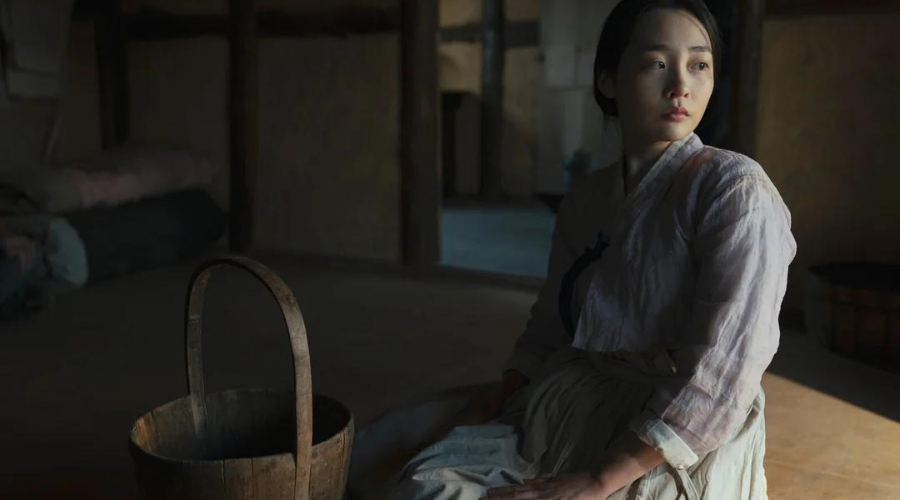
ELLE: Did you work with Yuh-jung Youn, who plays the older version of your character, at all in developing your respective Sunjas?
(MK): It was very separate. Actually, we didn’t have a lot of opportunities to meet each other on set, especially because we are each other. We built our characters separately, but I could feel that we were connected, which was magical.
ELLE: Did you learn anything new about the history of Korea and Japan while working on the show?
(MK): As a teenager, it was natural for me to learn about the historical events that happened in that era in school. I was very interested in history, so I studied a lot, even as a teenager. But while I was preparing for the role, I studied even more, and the research I tried to do was about the individuals who survived in that era. It was quite shocking, because the things I learned in school were just the overall historical events. But I researched people’s stories, and it was more devastating and broke my heart so much more than I expected. I’ve learned a lot of things, and the biggest thing I’ve tried to do is to not forget.
This interview has been edited and condensed for clarity.
Read the original article in ELLE USA
All images via: Apple TV

